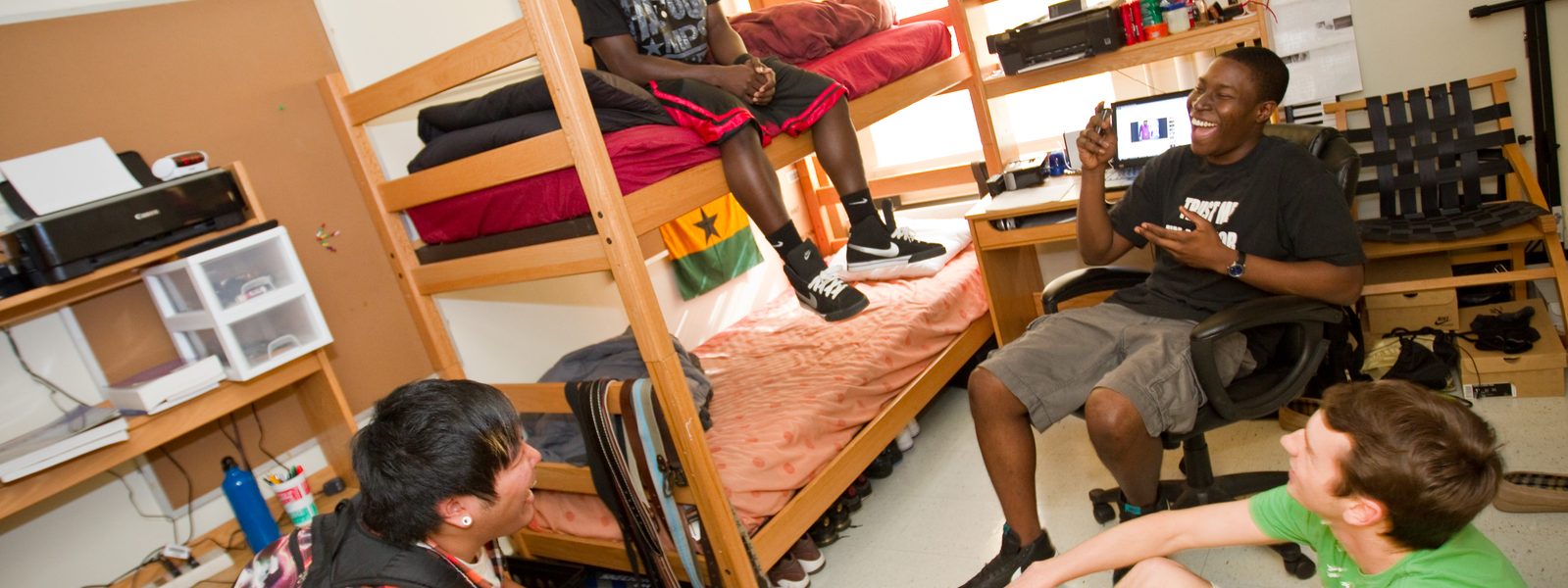Whether you’re living in the dorms or off-campus, your relationship with your roommate(s) is an integral part of your college experience. Coming back home from a long day on campus to a setting that is hospitable and comforting is essential to our success as students. In fact, a study done by D. J. Zimmerman in 2003 titled Peer Effects in Academic Outcomes found that roommate relationships can directly affect students’ GPA. Particularly, poor roommate relationships can have a negative impact on one’s GPA. Roommate problems can also impact one’s overall university experience: a poor relationship can translate into a negative image of the university, which may even contribute to lower retention rates.
Acquiring a better sense of the dynamics involved in a roommate relationship is absolutely essential. Oftentimes when we’re selecting a roommate, we base our decision on whether we’ll enjoy spending time with the person. However, this criterion doesn’t necessarily make the person a good roommate, since living with someone is extremely different from spending time with them casually. A few key points that you might want to keep in mind when deciding who to live with include but are not limited to the following:
Communication
In order to avoid a roommate nightmare you must also be a good roommate yourself, the key to this is communication. It may sound simple but it is one of the biggest problems that people living together face. Remember to be open and clear from the beginning about who you are and how you expect your living environment to be. If your roommate plays music too loud or is inconsiderate of your sleeping pattern, you shouldn’t hold in your issues but instead express them. Sometimes, your roommates may be completely unaware that they’re doing something to upset you, and you cannot expect them to read your mind. At the same time it is essential to remain mindful of the views of your roommate. A big part of communication involves listening.
Sharing
Another subject of roommate conflicts is the sharing of personal belongings and space. Make an agreement at the beginning of your time living together as to what things are good to be shared and draw some clear boundaries. Even if your roommates say that they’re fine with you using their printer, they may not be okay with you using it when they’re gone. So figure out how to divide the cost of basic amenities so there’s no confusion about what belongs to whom. Similarly, sharing also means cleaning up after yourself and ensuring that responsibilities are evenly divided. Mutual respect is essential for the success of any relationship.
Sleeping, Socializing, and Study Habits
Your sleep and class schedules need not line up perfectly with your roommate’s, but it’s important that you’re both aware of when he or she will be going to bed or using the room to study to prevent problems from arising. Basic rules can be set up from the start and then modified as you get into the rhythm of living together. If not, awkward circumstances like calling friends over at a time when one of you is trying to study may occur.
All in all, your roommate doesn’t have to be your best friend. In fact, people with similar personalities and communication methods as well as productive approaches to conflict management are more likely to be better roommates, regardless of their friendship status. Communicating effectively from the start will surely pay off in the long run. So, try these tips and don’t worry about appearing too aggressive. College is the time to learn, grow, and expand your horizons, remember to be open to the different personalities that you might encounter in your college career and to embrace the changes that this brings with it!
Article by Rosheen Z. Birdie
Feature Image Source: eCampus.com blog
























